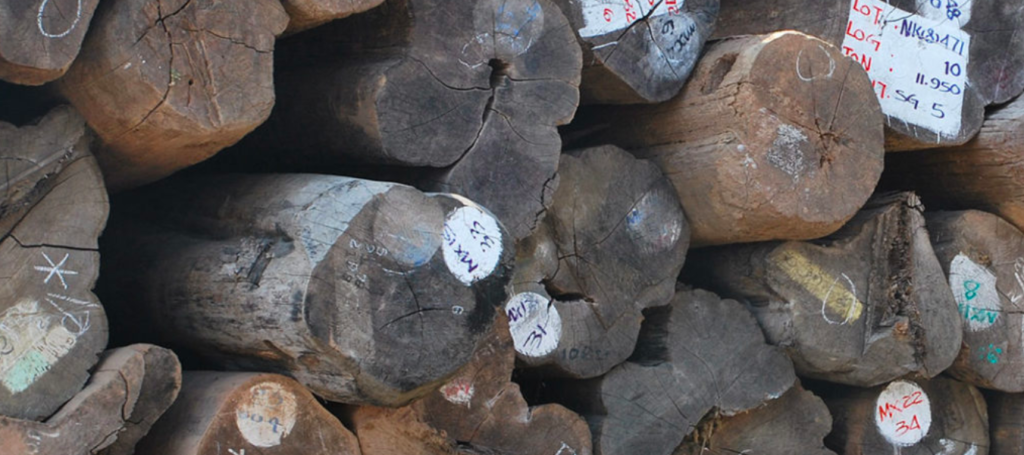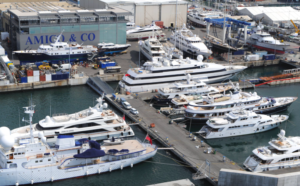Crack-down on illegal teak imports sees German company fined

A German company has been convicted and fined for evading sanctions on timber imported from Myanmar.
The Regional Court in Hamburg found WOB Timber had evaded the EU sanctions on 31 separate shipments of timber worth millions of euros from 2008-11, when the previous military junta –the State Peace and Development Council (SPDC) – was sanctioned by the EU.
The judge ordered the company to pay a fine of €3.3m and sentenced director Stephan Bührich to a 21-month suspended prison sentence and a fine of €200,000 – and warned further cases would result in even harsher penalties.
The fine and suspended jail term constitute one of the largest penalties ever imposed on a timber trader in the EU. Many of the shipments involved timber being processed in Taiwan and declared as originating in Taiwan, rather than Myanmar, to avoid the reach of the sanctions.
Environmental Investigation Agency (EIA) exposed the role Taiwan plays in supplying Myanmar teak to the international markets in its 2019 report State of Corruption.
WOB Timber is also accused of exploiting regulatory loopholes to trade illicit timber more recently, as revealed in EIA’s 2020 report The Croatian Connection Exposed, when it used Croatian company Viator Pula to import timber into the EU to avoid the EU Timber Regulation’s due diligence requirements.
EIA’s Croatian probe in June 2020 revealed that at least six companies registered in the EU were exploiting a loophole to bring in wood from Myanmar, much of it seemingly destined for superyachts.
According to the European Union Timber Regulation, introduced in 2013, the responsibility for ensuring that timber is of legitimate origins falls only to the company first placing the goods on the European market.
In order to avoid conducting due diligence checks themselves, EIA alleges that these companies simply sought out a partner willing to import teak shipments on their behalf through a country where regulatory enforcement is weak.
Highly prized in the yacht-building industry for its water- and rot-resistant properties, the international trade for teak is one of the driving forces behind the destruction of Myanmar’s forests.
In the last ten years alone, an area greater than the size of Belgium was lost, ‘having a devastating impact on people’s livelihoods, driving climate change through deforestation and destroying the country’s abundant biodiversity,’ according to EIA’s report.
According to NEPCon, a forestry monitoring NGO, the UN Environment Program believes that illegal logging accounts for between 15% and 30% of the worldwide trade in timber, rising to between 50% and 90% for wood sourced from tropical countries.










